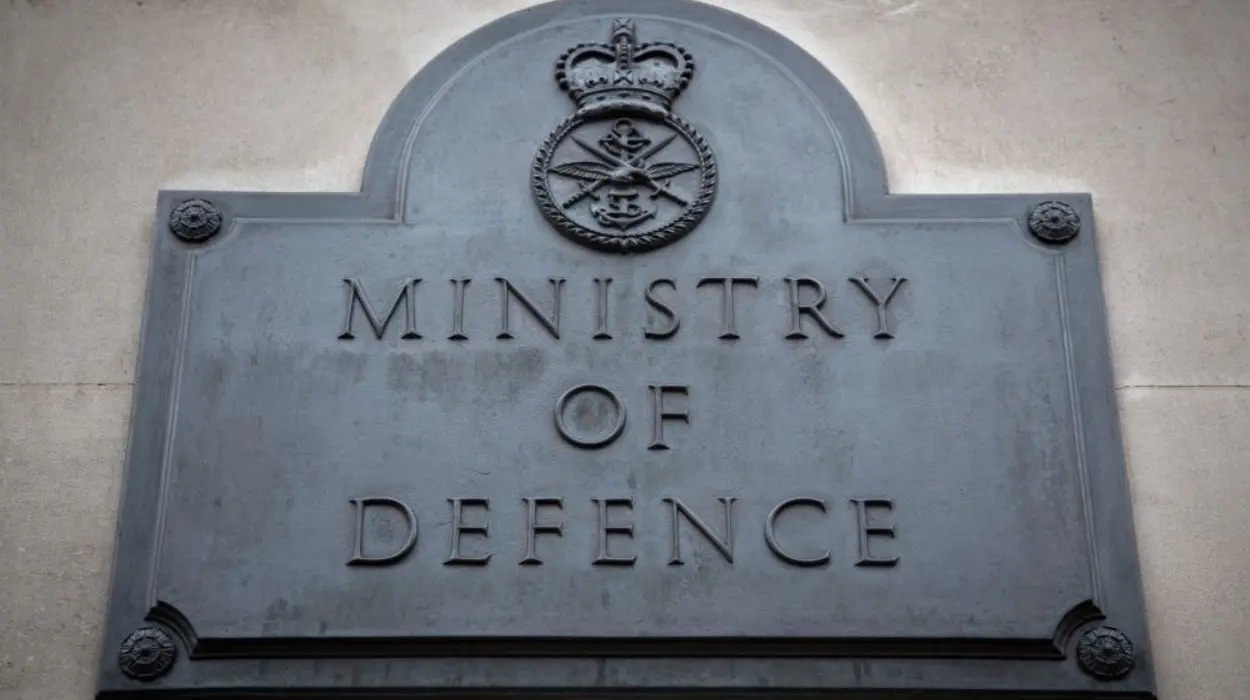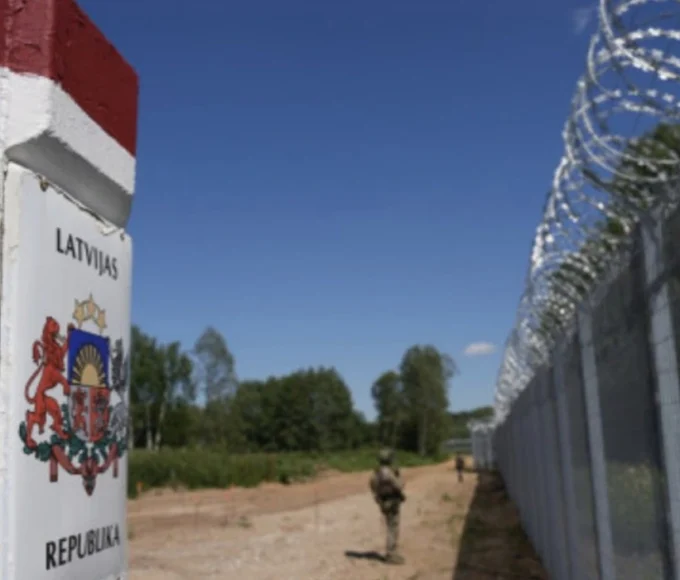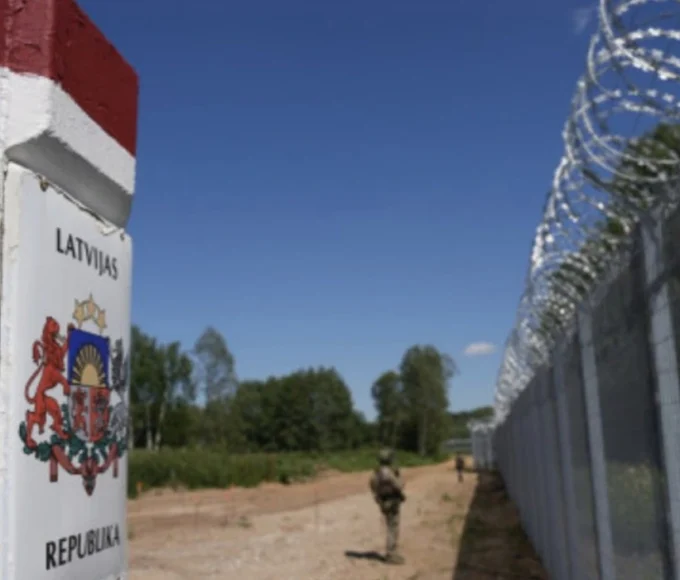The United Kingdom’s foreign policy in 2025 reflects a decisive response to a rapidly shifting global landscape marked by geopolitical tensions, economic uncertainties, and technological change. With a renewed focus on strategic defense, international alliances, and global development, the UK government under Prime Minister Keir Starmer is navigating a multipolar world order that demands both robust military readiness and diplomatic agility. This article examines the UK’s key foreign policy priorities, recent strategic reviews, and international reactions shaping Britain’s role on the world stage.
The Global Context: A Multipolar, Fragmented World
Since the 2021 Integrated Review (IR21) and its 2023 Refresh, the UK government has acknowledged that the transition to a multipolar and contested global order has accelerated beyond expectations. This new reality requires Britain to adapt its foreign policy to maintain influence and security amid rising powers, shifting alliances, and emerging threats.
The UK’s foreign policy is grounded in core values such as universal human rights, the rule of law, free speech, and equality. It emphasizes openness as a source of prosperity and commits to multilateral solutions for global challenges including climate change and cybersecurity.
Strategic Defence Review 2025: Preparing for War-Readiness
In June 2025, the UK released its comprehensive Strategic Defence Review (SDR), outlining a stark assessment of the security environment and a call for “war-fighting” readiness. The review underscores the potential impact of state-on-state conflict on British society and economy, advocating a whole-of-society approach to national security.
Key commitments include:
- A £1.5 billion investment in a continuous munitions production pipeline.
- Introduction of a Defence Readiness Bill to empower government mobilization of industry and reserves.
- Strengthening alliances such as NATO and new partnerships like AUKUS (with Australia and the US), the Global Combat Air Programme (with Italy and Japan), and the Mineral Security Partnership (with 14 countries and the EU).
This strategic pivot reflects the UK’s determination to deter adversaries and support allies globally, while modernizing its military capabilities to meet 21st-century threats.
UK Support for Ukraine: A Central Foreign Policy Focus
The ongoing conflict in Ukraine remains a top priority for UK foreign policy in 2025. The government has committed nearly £16 billion in aid since the war began, including military equipment, training, and humanitarian support, with an additional £3 billion pledged for this year2.
Defence Secretary John Healey’s prompt visit to Ukraine after taking office signals the government’s strong commitment. However, peace negotiations face uncertainty, especially with US President Donald Trump’s controversial stance to exclude Ukraine from talks, a position that the UK is actively working to counter by advocating for Ukraine’s inclusion.
The Indo-Pacific Tilt: Expanding UK Influence
Recognizing the strategic importance of the Indo-Pacific region, the UK has adopted a permanent “Indo-Pacific tilt” in its foreign policy. This shift includes joining the Comprehensive and Progressive Agreement for Trans-Pacific Partnership (CPTPP) as the first non-regional member, signaling Britain’s intent to deepen economic and security ties in the region.
The government’s approach balances pragmatic engagement with key regional powers and a candid stance on challenges posed by China, reflecting a nuanced strategy to safeguard UK interests while maintaining global stability.
International Development and Soft Power
The Foreign, Commonwealth and Development Office (FCDO), established in 2020, highlights the UK’s use of soft power through development aid, science, and health expertise sharing. Despite budgetary pressures and aid cuts in both the UK and US, the government maintains a commitment to international development, spending around 0.5% of Gross National Income (GNI) on Official Development Assistance (ODA) in 2025.
British institutions such as universities and the NHS contribute to global partnerships, reinforcing the UK’s reputation as a force for good and a promoter of democratic values.
Brexit’s Continuing Impact on Foreign Policy
Brexit has reshaped the UK’s economic and diplomatic landscape. The decision to leave the EU was framed by supporters as reclaiming sovereignty and redirecting resources to domestic priorities like the NHS. However, the economic aftermath included a significant GDP slowdown and inflationary pressures, with the pound hitting a 30-year low against the dollar immediately after the referendum.
Despite these challenges, the UK government seeks to strengthen bilateral and multilateral relationships beyond Europe, leveraging trade agreements and strategic alliances to offset Brexit’s disruptions.
Navigating a Complex International Environment
The UK faces a delicate balancing act amid global uncertainties. The British Foreign Policy Group (BFPG) notes the difficulties posed by US foreign policy shifts under President Trump, especially regarding Ukraine and trade tensions, complicating UK efforts to lead Europe’s response.
BFPG’s recent events emphasize the importance of science diplomacy and international development as tools of soft power, reflecting a broader strategy to maintain influence through innovation and humanitarian leadership.
The UK’s foreign policy in 2025 is defined by a pragmatic yet principled approach to a changing world order. Through strategic defense modernization, sustained support for Ukraine, an Indo-Pacific focus, and continued investment in soft power, Britain aims to secure its sovereignty, promote prosperity, and uphold democratic values globally.
As the UK navigates this complex landscape, its ability to adapt and lead on multiple fronts will determine its standing as a global actor in the years ahead.









